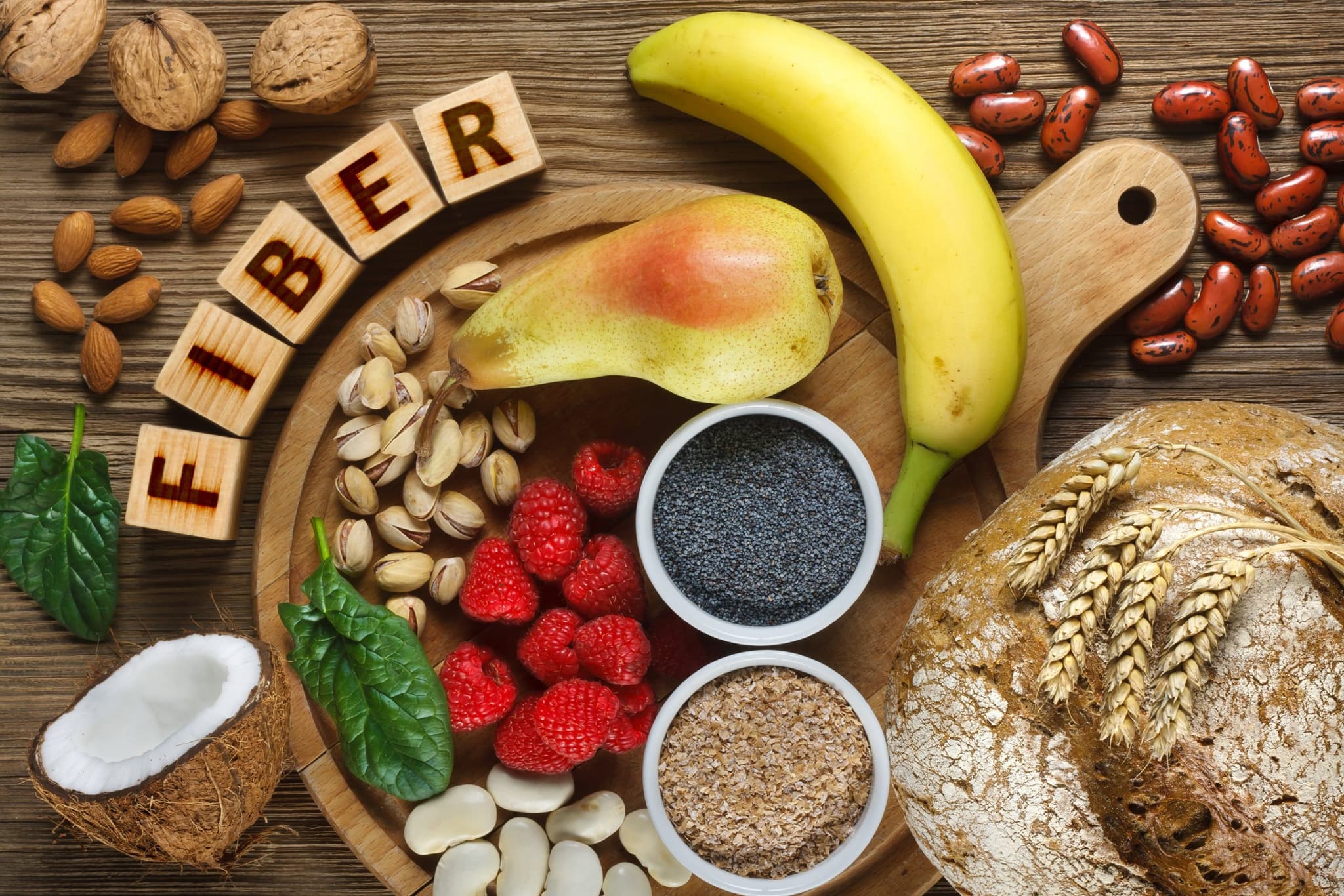
2025-08-12T11:38:49
Health Benefits of Fiber
- Family Medicine
- Gastroenterology
- Internal Medicine
- Weight Management
October 12, 2016 | Gastroenterology
Specialties:Gastroenterology

At the risk of being indelicate, you can learn a lot from your stool. Taking a quick look into the toilet after each bowel movement is one of the best ways to assess your health. It lets you know how efficiently your digestive system is processing your food and excreting waste from your body.
Self-analyzing your stool also helps you get a baseline measurement of what’s “normal” for you when it comes to frequency, shape, color, and size. If there’s a sudden deviation, you can spot changes right away and seek early treatment from your gastroenterologist.
But not every daily change is cause for concern. There are many reasons that you might notice a temporary alteration in your bowel habits. Let’s look at seven of the most common changes and what they might indicate so you know when it’s time to make an appointment with your doctor.
Healthy bowel movements are usually brown in color. If you spot dark black or bright red stools, a number of things could be to blame. If it’s truly blood, it may be due hemorrhoids in your rectum, an ulcer in your stomach, or colon cancer. However, red stools also occur after you ingest:
Black stools may be due to:
If you notice black, tarry stools that persist independent of food choices, it’s best to be evaluated by your gastroenterologist.
If you spot a stool that’s very light in color, it can indicate that something is blocking the normal flow of bile that turns your stool brown. A liver condition such as hepatitis, cirrhosis, or a bile duct obstruction, or a pancreatic disorder may be involved. It’s also possible your white stools are the result of antacids or anti-diarrheal drugs you’ve recently ingested.
If instead of large, soft, well-formed stools you pass small, rock-like pieces, you’re probably constipated. Are you getting enough dietary fiber? A 2014 study found that “only 11.3 percent of people meet the daily recommended intake of fiber.”
Constipation can also be caused by insufficient water intake and lack of physical activity. When you slow your metabolic processes down, your digestive process drags too. All these factors put you at greater risk for hemorrhoids because you’re forced to strain to evacuate your bowels.
Excess fat in the stool often points to a disorder such as celiac disease that’s preventing your body from absorbing fats from your food. Sometimes a food allergy or infection can be damaging the lining of your intestines and affecting absorption. An infection or inflammation in your pancreas may be interfering with the production of digestive enzymes. Your gastroenterologist can order a stool sample test to determine if there’s excess fat in your bowel movements.
Increased mucus in stool is often associated with inflammatory bowel diseases like Crohn’s disease or ulcerative colitis, especially if accompanied by abdominal pain or blood. But it can also be a less serious sign of food sensitivity. Many people find that a diet heavy in dairy, eggs, and the gluten found in grains and breads causes their body to create excess mucus that turns stools more liquid than normal.
If bowel movements suddenly stink more than usual, or you notice the sulfur-like odor of eggs wafting from the toilet, you could have a parasitic, viral, or bacterial infection. If you’ve recently traveled internationally, gone swimming in a lake, or consumed unpurified water, giardia might be to blame, especially if you also experience diarrhea and abdominal bloating. If your infection is severe and persists, your doctor may prescribe antibiotics to treat it.
Although constipation and straining can alter the shape of your stool, if you notice a persistent change that appears too thin, make an appointment with your gastroenterologist. A bowel obstruction or tumor might be to blame. Rectal cancer tumors allow less space for the stool to pass through, often creating a thin, stringy look. A colonoscopy can help your doctor determine what’s going on.
The “perfect” stool contains approximately 75 percent water and 25 percent fiber and bacteria. Aim for long, well-formed bowel movements that are colored a rich shade of brown and have the consistency of toothpaste. This usually indicates your GI system is working in top form and your fiber, water, and exercise levels are optimal.
If you’d like to learn more about keeping your bowels healthy, Revere Health’s gastroenterologists diagnose and treat a wide variety of disorders of the gastrointestinal tract, including IBS, Crohn’s disease, ulcerative colitis, and celiac disease. We offer compassionate, patient-centered care designed to address your unique needs and goals in several Utah locations.

WRITTEN BY:
The Live Better Team

2025-08-12T11:38:49

2023-03-27T14:47:45

2021-09-02T11:02:37

2018-02-28T12:25:41
This information is not intended to replace the advice of a medical professional. You should always consult your doctor before making decisions about your health.